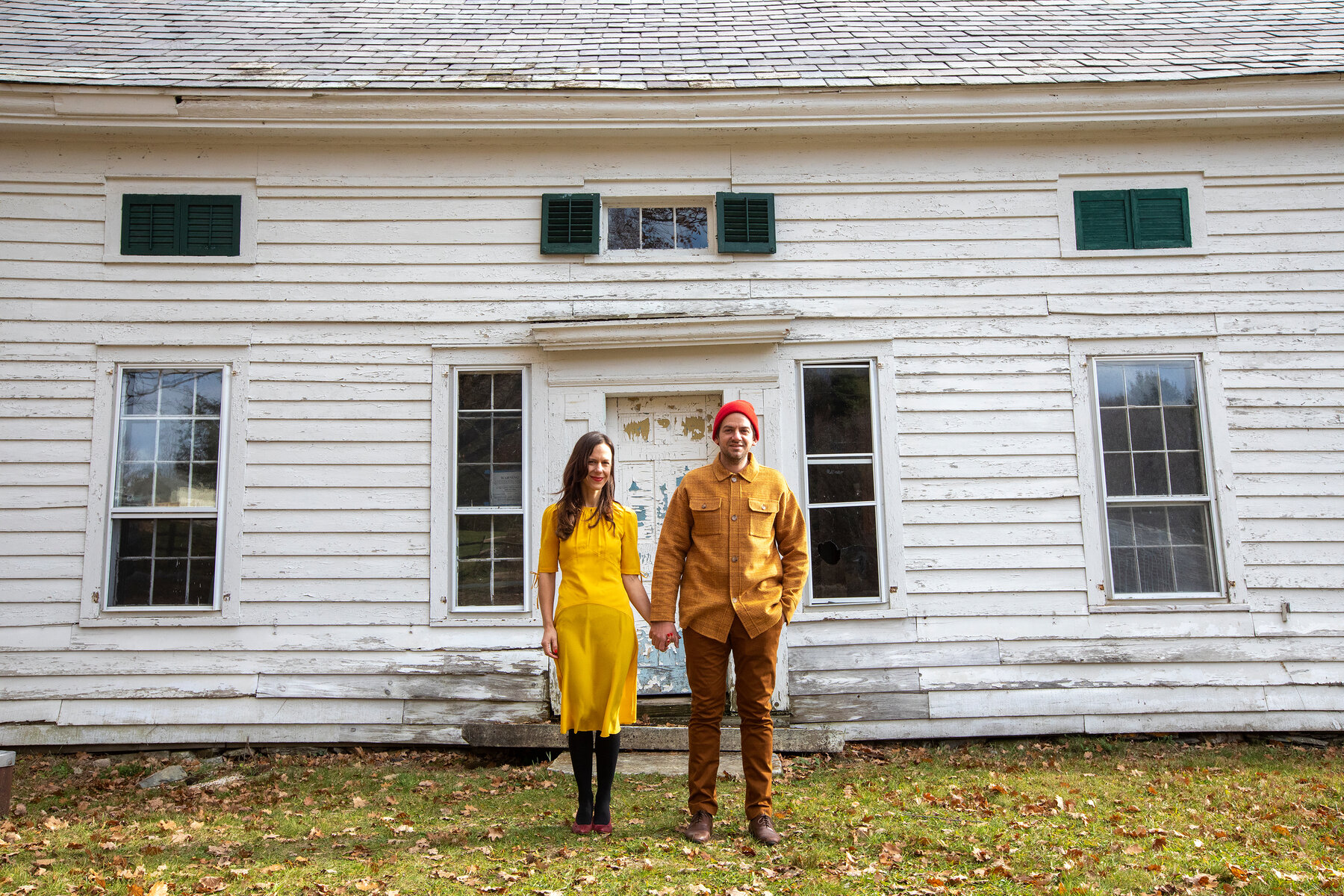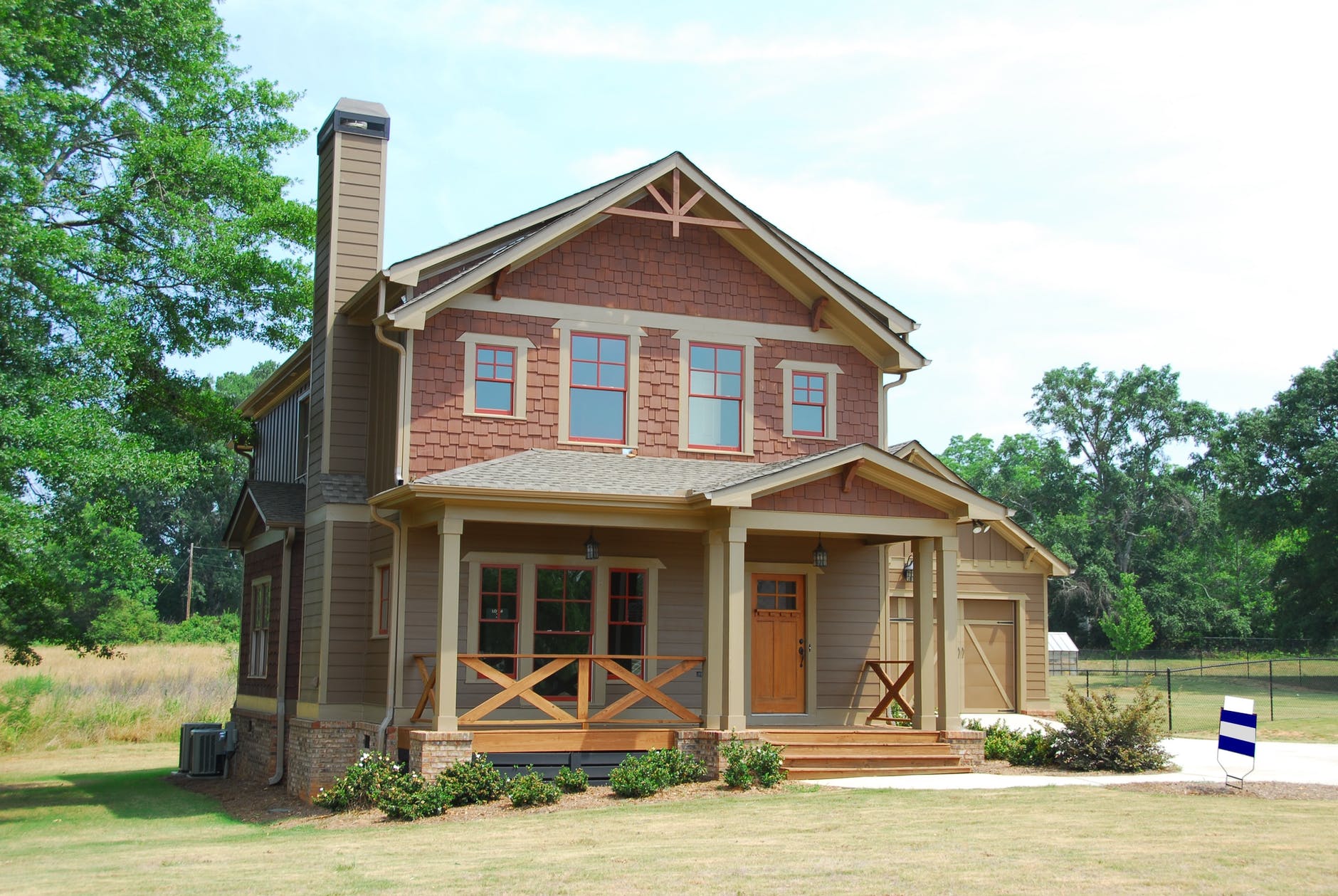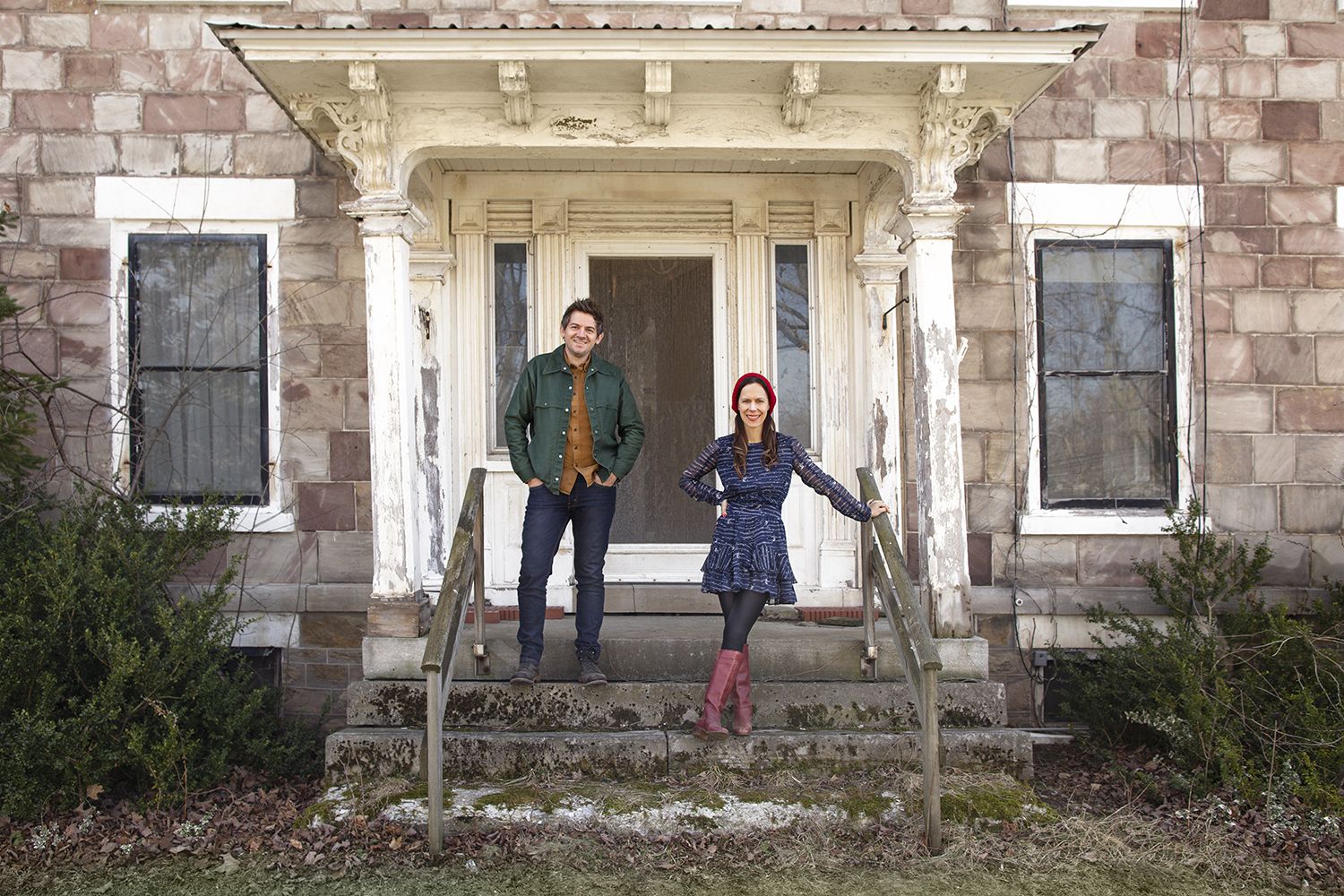Comparatively older houses have their charm and attraction. It carries a lot of stories and moments. But there are some cons to buying real estate property that has seen many moons.

Outdated building code compliance and other maintenance
If a house was constructed before 1950, there is a good possibility that it didn’t follow the modern building code. This creates an issue when house inspectors have to provide a report on the condition of the house. As these structures don’t follow the modern building code, many aspects of the house are not legally permitted anymore. In addition, old houses require so much care and maintenance. After a certain point, investing in the house for renovation is not even profitable anymore due to the fragile state of the house.

Decreasing profit
Houses that are too old and gettering structurally weaker get less profitable over time. So, investing in an old house is generally not profit-generating for the future. House buyers are more likely to pay less for an old property. Depending on the condition and location, for a comparatively new house, people are more willing to pay much higher. As a result, this is not a smart investment.

Technologically lagged
There is a high chance that an old house is less facilitated with electrical outlets. In modern days, it is a necessity that every room has an electric adapter and sockets to provide electricity. But mostly this is not the case for older houses. There are fewer outlets and even fewer changes to remodel the house to input enough electrical outlets. As a result, old houses are technologically outdated.
